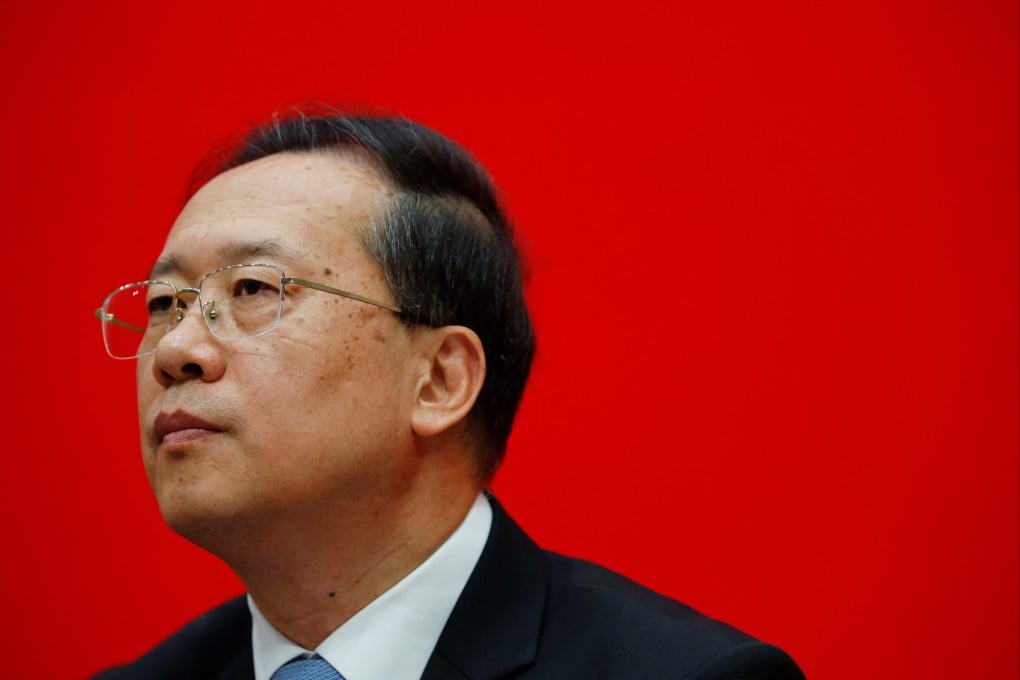‘No retreat’ for China’s hardline diplomats after 20th party congress
- Deputy foreign minister Ma Zhaoxu makes clear that ‘diplomatic struggle’ against threats to core interests will continue after October event
- ‘The era of China being slaughtered by others is long gone, and no force can stop China’s development and progress,’ he says

“Chinese foreign policies will continue to cut their way through thistles and thorns and march forward with bravery and courage, and continue to serve as a loyal guardian of the interests of the country and the people,” he said.
The press conference was one of dozens hailing the country’s achievements since 2012, the year President Xi Jinping took the helm of the party. They are a curtain-raiser to the main event which starts on October 16 in Beijing and is expected to confirm Xi as party leader for a historic third term.
More than 2,000 delegates from around the country will attend the meeting, which will also see a major reshuffle of other leadership positions.
Ma was responding to a question on whether China’s diplomatic corps would stick to the “struggling spirit” celebrated by Xi in the next five years, and if China was concerned that these assertive acts would further sour ties with other countries.